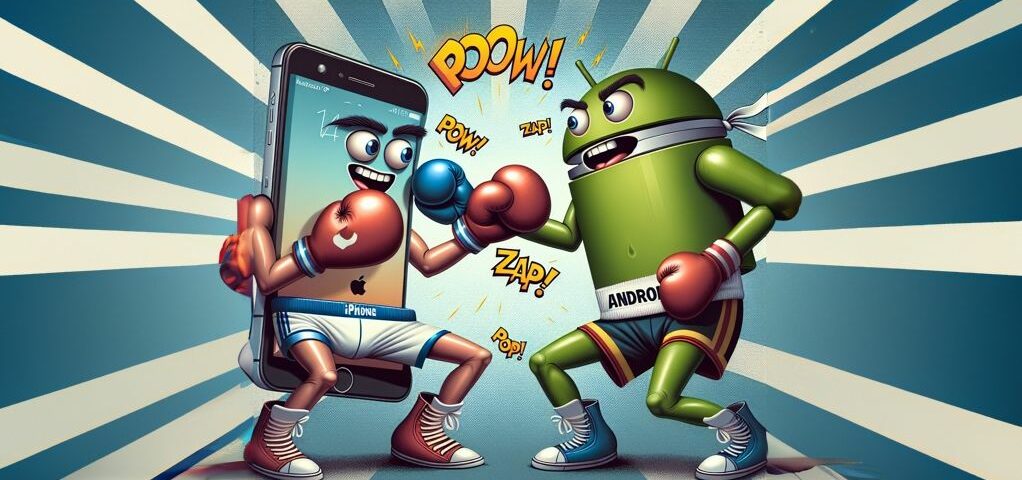There are some very acute questions such as: the Maccabi or Hapoel basketball team, coffee or tea, Coke or Pepsi, but for years, one of the most basic question has always been - Apple or Android? If you ask a devoted Apple user, there is nothing like the Apple's user experience and there is no force in the world that will make one replace Apple's design and functionality with another. But… if you ask a loyal Android user, he be willing to lose his left hand before exchanging the freedom of Android's open system for Apple's closed box. The compatibility of Apple’s products and the freedom of the Android products are such an essential part of the systems’ DNA that they are a main component of the user experience and customer choice. So, what happens when a government body decides to sue a commercial company and demand that it would change the essence of the company itself and change the entire market as an aside?
On March 21, 2024, the US Department of Justice filed a lawsuit against Apple which may, if successful, change the basic idea that stands at the center of Apple's essence and directs its activities and will require it to change its ways in a manner that may completely change the global smartphone market. The lawsuit essentially accuses Apple of creating an illegal monopoly by making its devices a closed system, making it difficult for users to switch to competing companies' products and placing high barriers for app developers and technology developers to prevent competition in the market. While the lawsuit is in essence a standard antitrust claim, its uniqueness in this case is that it comes against, and challenges, the very identity of Apple and what is its business model from day one - the basis of its success - which is based entirely, in an open, declared and even proud way, on creating full integration between a closed system of complementary products and a unique user experience limited only to its devices.
The US Department of Justice clam followed a March 4, 2024, European Union whopping Euro 1.8 billion fine imposed on Apple following a complaint by the operator of the Spotify application that the technology giant took advantage of its position in the market to prevent customers from receiving information about cheaper music options available outside the Apple system, and this is to maintain its position and market share. Countries such as Australia and Japan have also announced in recent years that they are considering new legislation that would require Apple to release its monopolistic hold on the AppStore and would require it to open the door to external application developers.
Ostensibly, even in Israel, the Competition Authority, or any person who claim to be harmed by Apple's monopolistic actions, including app developers who have encountered barriers to enter the AppStore, may take advantage of the upheaval and file a claim (including a class action) against Apple. Similar to the American federal law under which Apple is being sued, the Israeli competition law is also designed to encourage free competition and prevent companies from imposing artificial and unnecessary restrictions that would limit the local economy. However, while the lawsuit defines Apple as a monopoly in the telephony market in accordance with the definition of a monopoly in the American legal system that performs a substantial qualitative test to examine the market power of a certain company, the Israeli definition of a monopoly examines the control of more than 50% of the market in a mechanical-statistical manner. Furthermore, contrary to the American system, in order for the Competition Authority to apply to a company the restrictions applicable to a monopoly or to open proceedings against a company that did not follow the aforementioned restrictions, a prior declaratory statement about the corporation as a monopoly is required.
In addition, and regardless of the Apple case, substantial questions arise for both the owners of long-standing technology companies and the founders of start-up companies regarding the nature of the companies they are establishing and the business-strategic model they seek to build for themselves. While the astronomical market value that the unique business model created for Apple cannot be ignored, it has left it exposed to huge lawsuits due to monopolistic behavior and harm to competition, which is likely to completely change the face of the company in the near future. Either way, on the terms of service of the product or website, it is very important to get legal advice from a lawyer with experience in both the technological and the antitrust legal fields.

